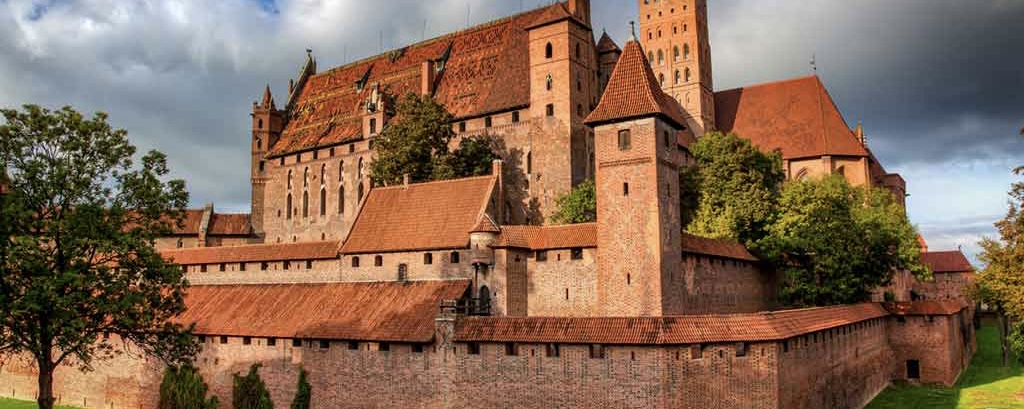Denbedus
The southernmost country in the Renscroprec Valley, it guards the pass to the lands beyond.
Structure
- Duke: Leader of the country, and head of the royal family.
- Baron: Leader of a barony, head of one of the eight great noble families.
- Lord: Leader of a lesser noble family, serves the barons or duke directly as administrators of their land.
- Gentleman: Member of any noble family, serves at all levels of government.
Public Agenda
To protect and maintain its citizens and holdings from famine, fire, flood, disease, and invasion. Pave, repair, and secure roads from bandits. Dig wells and sewage or drainage ditches. Build, maintain, and secure ports. Provide courts for high and low justice. Maintain birth and death records for citizen rolls. Enforce construction standards on homes. Ensure doctors, priests, and skilled craftsmen make their rounds. Provide windmills. Provide and secure fairgrounds and trade routes.
Military
Their armies are comprised of one battalion per city. With each supporting town having to provide a banner or company to fill their ranks. Villages will contribute men for platoons and squads to the companies.
Religion
The church of the great mother serves the countries religious needs from palatial churches in their major cities. From there the clergy spread out and minister to the masses, taking temporary residence among smaller chapels in the towns. Pilgrimage to the monastery of the mother is not uncommon. The Ban Fellowship has a guild hall in every city up the coast, and their members mostly reside within. Several have small homes and workshops in the frontier.
Agriculture & Industry
Great farming estates produce wheat, oats, millet, barley, and various other grains. Green, red, and broad beans, cauliflower, cabbage, broccoli, radishes, beets, apples, pears, peaches, green grapes, hot and sweet peppers, various berries, and more feed this region and the neighboring ones.
Type
Geopolitical, Duchy
Government System
Monarchy, Elective
Power Structure
Feudal state
Economic System
Market economy
Currency
The official coinage of Adinerado and Fortunado are both used in these lands, as well as foreign coins from the countries of Oxdinspic. There are four denominations regardless of material: usually steel, bronze, copper, silver, electrum, and gold. The dinar (1), tudin (2), thrudin (3), and denier (4) of Adinerado and the sodi(1), dos (2), thrudos (3), and idos (4) of Fortunado.
Official State Religion
Location
Official Languages
Related Traditions
Neighboring Nations
Related Species



Comments